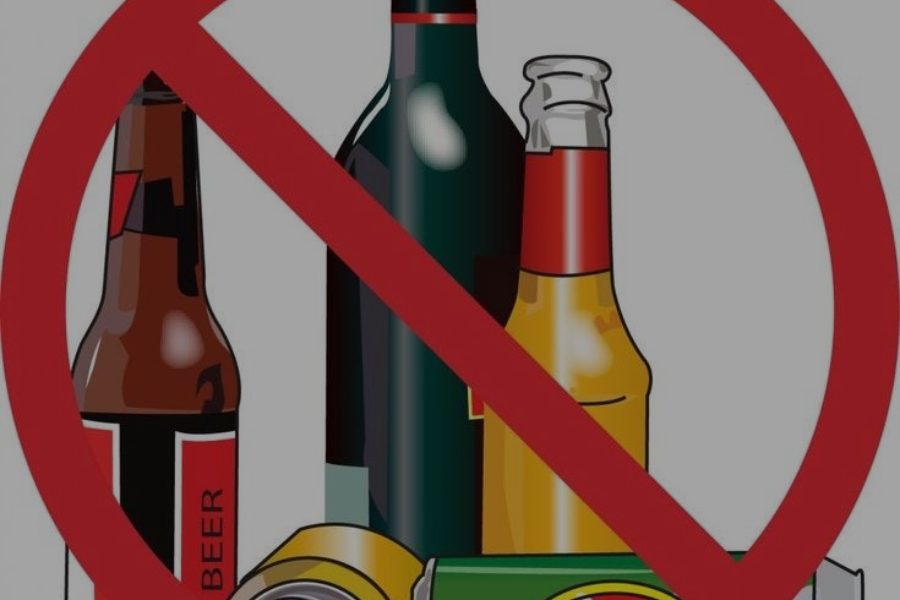Islam is called ‘Deen-ul-Fitrah’ or the natural religion of humanity. This concept states that all the things taught and commanded in the Quran Aare are meant to sustain the natural creation and health of the people. From among these teachings, the division between what is permissible and what is forbidden is set for the well-being and safety of Muslims. One of those is the prohibition of the consumption of alcoholic drinks. Even though they seem to have some beneficial effects, they are considered highly dangerous.
Alcohol in Islamic Teachings
Khamr, in Islamic terms, is associated with any kind of wine or any intoxicant substance that will be taken from grapes or anything else. The Quran explicitly prohibits intoxicants, linking them to the works of Satan: The Quran explicitly prohibits intoxicants, linking them to the works of Satan:
“O believers! Intoxicants, gambling, idols, and drawing lots for decisions are all evil of Satan’s handiwork. So shun them so you may be successful.” [5:90]
This verse also makes it very clear that alcohol is regarded as a substance that is evil and prohibited. Arakh, even if taken in small portions and does not lead to a state of ossification, is haram in any form. The Prophet Muhammad (PBUH) used two date palm trees and grapes, saying, ‘Intoxicant is from these two trees. ’ Thus, wine made from raisins and dates is also banned.
Why Is Alcohol Forbidden?
The Quran gives an apparent reason why alcohol should be banned, enshrined in the verses above. While acknowledging that alcohol may have some benefits, it emphasizes that its harms far outweigh them While admitting that alcohol may have some benefits, it emphasizes that its harms far outweigh them:
“They ask you (O Muhammad) concerning alcoholic drink and gambling. Say: ‘In them is a great sin, and (some) benefits for men, but the sin of them is greater than their benefit” [2:219].
The first impact that authors have argued warrants alcohol prohibition is the physiological impact. Islam does not allow anything that might act as an affliction to the health or the well-being of an individual. The Quran warns against self-destruction:
“And do not kill yourselves” [Quran 4:29]
“And do not throw yourselves into destruction” [Quran 2:195]
Alcohol hinders the ability of option-making, thus making it difficult for the users to differentiate between the right and the wrong thing to do. Since free-thinking, sound mind, and reason are the basics of being a Muslim, anything that harms these is all-pure. Additionally, alcohol can lead to reckless behavior and is seen as a waste of resources: Additionally, alcohol can lead to reckless behavior and is seen as a waste of resources:
“Verily, the spendthrifts are brothers of the Shayateen (devils). [17:27]
The Impact of Alcohol on Prayer
Prayer is an essential aspect of Islamic practices and a predominant characteristic of every Muslim. Praying occurs five times daily, and the prayers can only be said if one is spiritually and physically clean. If worship is performed jointly with alcohol in the same room, this does not happen, but the consumption of alcohol itself entails severe spiritual stigma. When any person has taken any wine and has since offered any prayers, the prayer shall not be accepted for forty days, except if this person has repented.
The Prophet Muhammad (PBUH) warned: “Whoever drinks alcohol and gets drunk, his prayer will not be accepted for forty days, and if he dies, he will go to Hell. But if he repents, Allah will accept his repentance” [Sunan Ibn Majah, 3377].
In another hadith, while naming alcohol as the ‘mother of many evils, ’ his observation was that it results in leaving prayer and other big sins.
Health Risks Associated with Alcohol
From the point of view of medical, alcohol is also hazardous. In the available literature, the evidence has revealed that the consumption of alcohol results in an increased mortality rate globally. It is associated with numerous grave pathologic states such as liver cirrhosis, some cancers, respiratory infections, skin diseases, and other diseases that commonly affect alcoholics.
As for the health and spiritual consequences, such as those presented by the previous subtopics, the lack of alcohol is regarded as a way of saving one’s values, health, and faith. Alcohol and other evils are unlawful in the teachings of Islam, as Muslims are urged to seek protection from Allah from them because they are sins.















